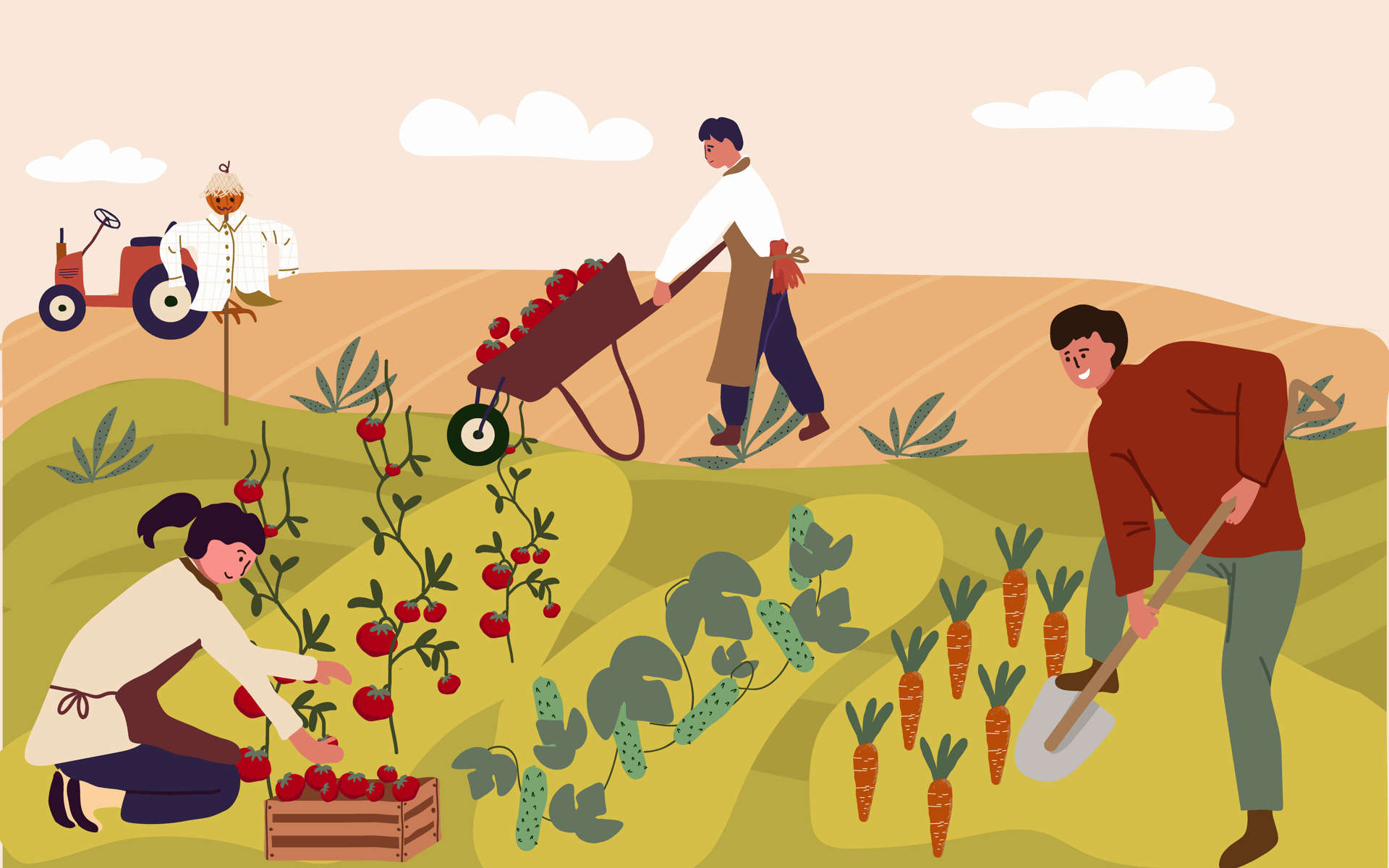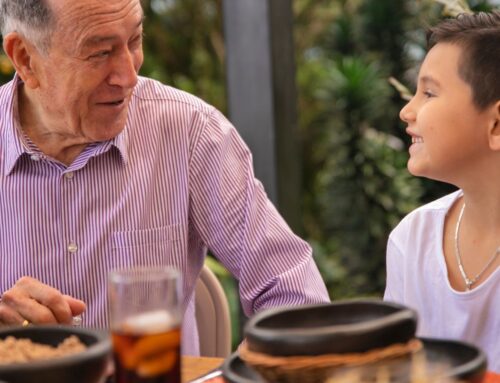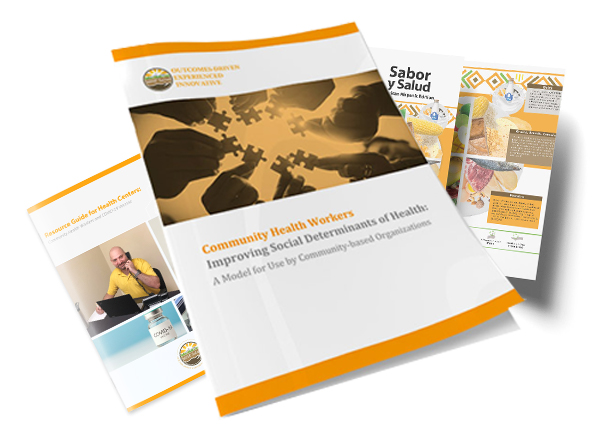Creating Community Connections:
Introducing the Dinámicas E-Book Blog Series
What does it mean to build healthy communities? At MHP Salud, it means living and breathing our mission: We serve communities by embracing the strengths and experiences of individuals and families, engaging them to achieve health and well-being.
But to engage, we must first build trust – and that’s the foundation of “Creating Community Connections,” MHP Salud’s complimentary Dinámicas e-book, a unique resource we developed to support health centers, community organizations and Community Health Workers (CHWs) foster meaningful connections with those we serve – especially underserved and marginalized populations.
Through this four-part blog series, we’ll offer insights, best practices, and successes directly from CHWs, sharing their experiences in implementing dinámicas from the e-book.
Each quarter will explore various themes:
- Q1 (Summer of 2024): Introduction to the Dinámicas e-book and key features.
- Q2 (Fall of 2024): Best practices in engaging CHWs with MSAW communities.
- Q3 (Winter of 2025): Success stories from CHWs implementing dinámicas in diverse settings.
- Q4 (Spring of 2025): Innovations in community health and equity engagement.
At MHP Salud, we understand that promoting health equity requires establishing trust with those we serve; we’re excited to share our experiences with others to continue advancing our collective goals of advancing health equity and outcomes.
It’s especially important to foster meaningful connections with underserved and marginalized populations because they face significant access barriers that can affect their health outcomes. But as we build trusting relationships, we can effectively support their journeys toward health and well-being.
When we create meaningful engagement opportunities for underserved and marginalized groups, we take significant steps to:
- Promote health equity;
- Build trust;
- Address disparities; and
- Empower all communities to proactively care for their health and social needs with informed decisions.
In particular, Migrant Seasonal Agricultural Workers (MSAWs) face unique barriers to health care, yet their challenging working and living conditions heighten their risks for health-related challenges. MSAWs are farmworkers who travel seasonally to perform agricultural labor and cannot return to their permanent residence within the same day; as such, they often also struggle with language and/or cultural barriers that can affect their access to care.
When we embrace a person-centered care approach in community health work, we learn that within the composition of the MSAW population health and social needs can vary.
This means that while language, culture, and other social factors can be similar, some challenges are unique to the person. These challenges create significant barriers to accessing resources that could support positive health and social outcomes for MSAWs.
How do we bridge these gaps? Through trust … and implementing dinámicas is a proven way to build the trust that can lead to improved outcomes for those we serve.
Dinámicas also open the door for continued conversation between Community Health Workers (CHWs) and those we serve, allowing for greater community connections.
Who are CHWS?
As trusted members of the communities they serve, CHWs bridge the gap between health and social services, leveraging their unique qualities and skills. In short, they play a vital role in connecting MSAW communities to essential resources.
Popular Education and Dinámicas:
Popular Education, which emphasizes embracing the strengths and experiences of all individuals and families, aligns with CHWs’ use of dinámicas as part of their strategic approach to build this trust. Through the engaging activities, CHWs are able to:
- Foster inclusive environments;
- Enhance health literacy, education, and interventions;
- Empower community members to make informed health decisions;
- Navigate and bridge cultural and language gaps;
- Highlight community strengths and resilience;
- Identify and address barriers to health and social resources;
- Facilitate knowledge exchange (where CHWs also learn from their communities); and
- Provide invaluable insights into community needs.
Dinámicas” derived from Latin American educational methods, are specialized activities used in popular education to engage participants in collaborative discussions. Unlike casual “icebreakers,” dinámicas are selected with specific goals in mind, varying in length and complexity, and ranging from playful to reflective approaches.
We created the “Creating Community Connections: Dinámicas e-book” to help facilitators foster meaningful engagement with diverse populations, including underserved and marginalized groups like Migrant Seasonal Agricultural Workers (MSAWs).
Within the e-book, you’ll discover a collection of dinámicas that offer opportunities to create engaging interactions tailored to diverse settings and group sizes.
Dinámicas can help you with one-to-one, group, virtual, and in-person interactions and support through:
- Discussions on health and social needs;
- Movement or mindful moments activities; and
- Writing or drawing as a form of expression.
The e-book promotes cultural connections by celebrating individuality and encouraging facilitators to practice active listening. There are a host of tools to explore available within the e-book.
But this is just the beginning – we want to hear about your Dinámicas experiences!
Our “CHW Showcase” will highlight real-life examples of dinámicas making a positive impact on health outcomes.
We encourage you to:
- Join the conversation,
- Share your experiences, and
- Subscribe to the blog series.
You can also send us a note at nttap@mhpsalud.org to let us know what your favorite dinámica is! We’d also love to learn about your innovative strategies that support health equity in your community!
Together, we will build healthy communities!





